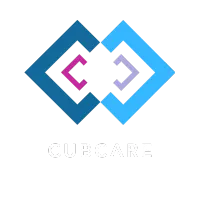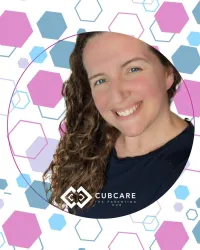We're an award winning Antenatal and Postnatal Education Platform 2025!
(read more here)
CubCare blogs.
From early pregnancy to newborn development.
Advice to help through pregnancy, birth and childhood.
BLOG
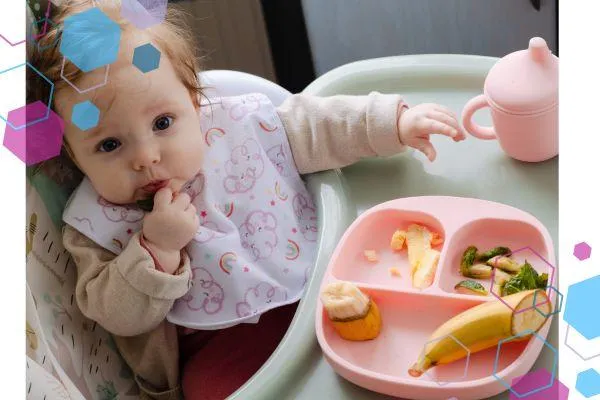
Baby weaning - starting solids to shape a relationship with food
"Baby's weaning - Starting solid food. From baby's first tastes there is a precious 6 month window to help shape baby's food relationship for life. Your baby's weaning journey matters but its a time of fun exploration." - Jilly Clarke
Baby weaning - starting solids - complimentary feeding - language is important.
Starting solids is an exciting but sometimes frightening time for a new parent. Often called weaning, it is an important step to think about a change in the language used at this stage.
Introducing a baby to solid food is called complimentary feeding. Feeding baby actual food to compliment their milk diet. Weaning means to gradually stop something, so for the first few months of introducing solid food that is the opposite of what you want to be doing. Milk feeds provide the majority of a baby’s nutrients and calories for the whole of the first year and should be gradually reduced over a number of months.
When should I start feeding baby solid foods?
There is a lot of advice out there. If your baby is under 6 months, and you have come out of the survival battle of the fourth trimester, then thinking ahead towards starting solids is the next step. There are so many different weaning plans and ideas. It can sometimes be overwhelming! I have collated some advice in this starting solids blog, but our Starting Solids Workshop could be the ideal one-stop shop to prepare yourself for this next step.

What are the signs baby is reading for weaning or starting solids?
The first thing you need to know is understanding when baby might be ready to start consuming solids. We know that baby should be around 6 months, and this is because these three points are more likely to be met around that age. It is impossible to know what is going on inside their body, but the thinking is that when the below milestones have been reached then baby’s digestive system will also be ready.
1) They can stay in a sitting position and hold their head steady.
2) The can co-ordinate their eyes, hands and mouth so they can look at the food, pick it up and put it in their mouth. This should be done with purpose, not accidentally batting their mouth and ending up getting something in there.
3) They can swallow food. Babies who are not ready will push their food back out with their tongues, so they get more around their face than they do in their mouths.
Setting expectations - introducing food and reducing milk
It is important to remember that the first few months of their journey, baby may not be consuming much solid food. This is completely fine and normal. Babies still need to be given breast milk or formula until they are at least12 months old.
Milk should form the main part of their diet, following baby’s lead for reducing amounts. Because milk is such an important part of their diet, how much your baby eats is less important than getting them used to the idea of eating. They will still be getting most of their nutrients from breast milk or first infant formula until one year.
The first 6 months of them eating food is a wonderful opportunity to introduce different flavours and textures. To install positive eating habits and making mealtimes fun and enjoyable.

Different approaches to starting solids.
There are several approaches to starting solids and I will briefly outline each one below. If they are starting solids before 6 months (or when showing all signs of readiness) then the puree or mashed approach using just fruit and vegetables until 6 months is the way to go:
The traditional puree or mashed food given via a spoon. Portions should start small (an ice cube size is a good guide when starting). It is not necessary to repetitively give just one flavour unless there are allergy concerns. Sweet or savoury, there is no evidence to suggest that starting with savoury prevents a preference for sweet foods!
Baby led weaning, which means giving baby suitable portions of your food. There are not many restrictions on food (see here for advice) but you should ensure that pieces are long enough to stick out of baby’s hand at first as they tend to pick things up with their whole hand until their pincer grip (finger and thumb) gets refined. Ideally pieces would be wide enough for baby to still close their hand around them.
A combined approach. Feeding baby mashed or pureed foods alongside finger sized pieces of the same food to help link the flavours and textures together.
How do I introduce drinks to my baby?
Offering water at mealtimes is a good idea to get them used to it, but by following the above about milk feeds you don’t need to worry abut their fluid intake too much – just keep offering. Even in hot weather you can just offer water more regularly, or even make little ice lollies from breastmilk or pureed fruit if you want to get some liquid into them in a different way (these are also really good for teething!)
It is best to stick only to water or milk if it is their milk time. This is because juices and squashes contain sugars or artificial sweeteners and are best avoided.
Our Starting Solids Workshop will take you through everything you need to know, step by step, to help you confidently start. Being relaxed and making mealtimes fun, with plenty of variety, is key.
We run baby classes that are perfectly designed to help with baby's sensory development. Currently running in Welwyn Hatfield, Hertfordshire.
Baby Classes in person, in Welwyn Hatfield
We also offer a range of baby development and parenting workshops that are completely on-demand, online.
Baby Development Course online
Easily navigate to our most popular Blog categories
Download our Freebies
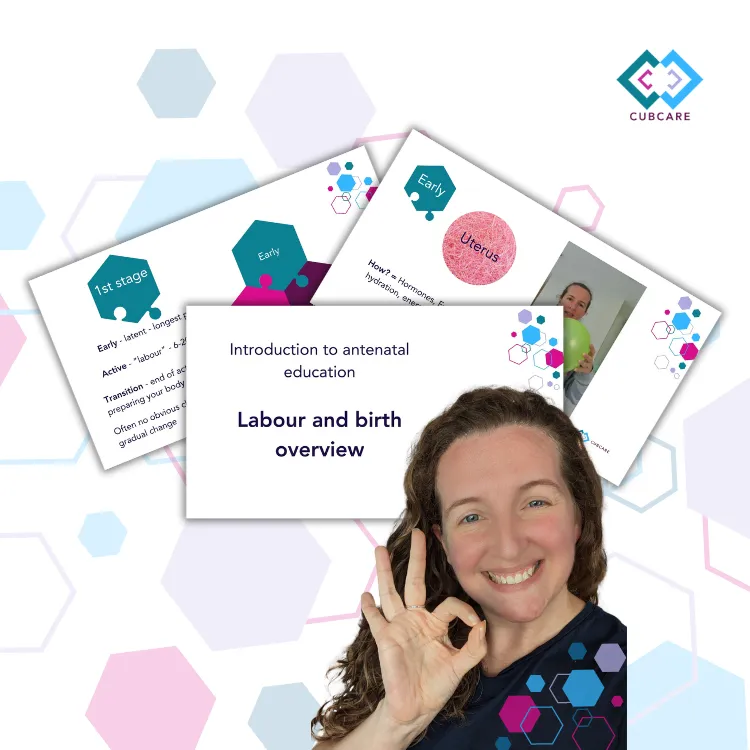
Labour and Birth
Watch our introduction to antenatal education webinar, our labour and birth overview - to start your antenatal education journey. Understanding the process, and what you can do to influence it.

Pregnancy Planner
Free Pregnancy Planner to help you prepare for a little one. Prepare your body, your mind, your finances and your home. Get organised, feel good and prepare for an active, positive birth.
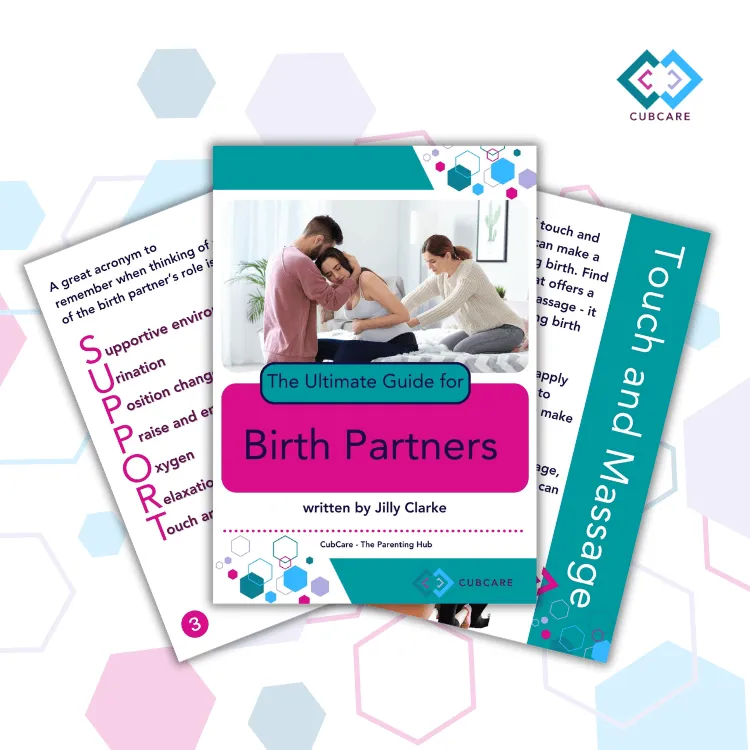
Birth Partner Guide
Your ultimate guide to being the best birth partner during pregnancy, birth and recovery. Learn what you need to do, and what you need to learn to be the best birth partner possible.
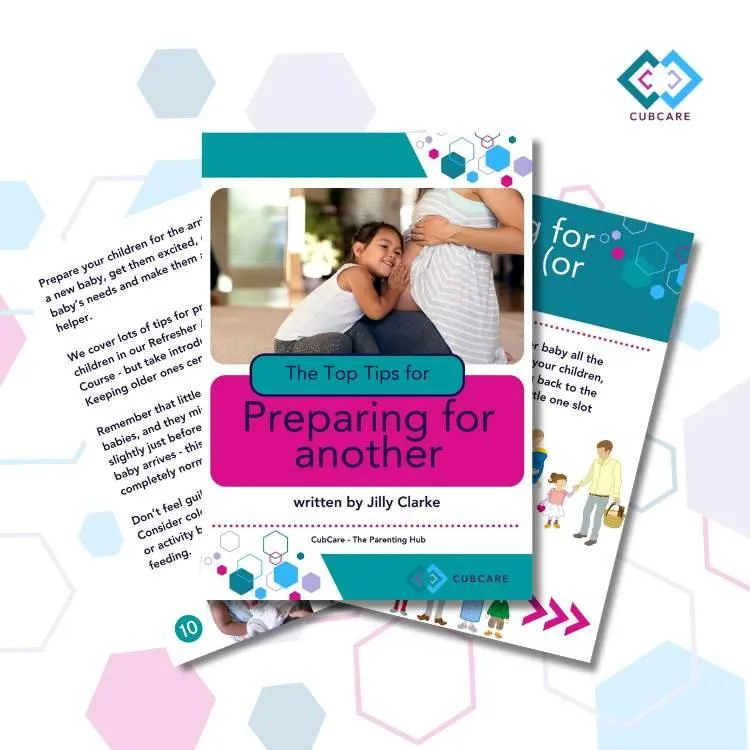
Expecting Again Guide
Your ultimate guide to preparing for another birth and an extra baby. Our top tips for navigating pregnancy and birth, and helping your older ones to transition into their new role as a big sibling.
Based in Welwyn Hatfield, offering local pregnancy support and doula services across Hertfordshire: St Albans, Hatfield, Welwyn Garden City, Potters Bar, Stevenage, Harpenden, Hitchin, Barnet, Mill Hill and surrounding areas.
Online antenatal and postnatal education available UK-wide.
© Copyright 2025 CubCare The Parenting Hub. CubCare is operated by The Birth and Baby Company Ltd. Company No. 15655287
Privacy Policy | Terms & Conditions | Medical Disclaimer | Inclusivity and Accessibility
